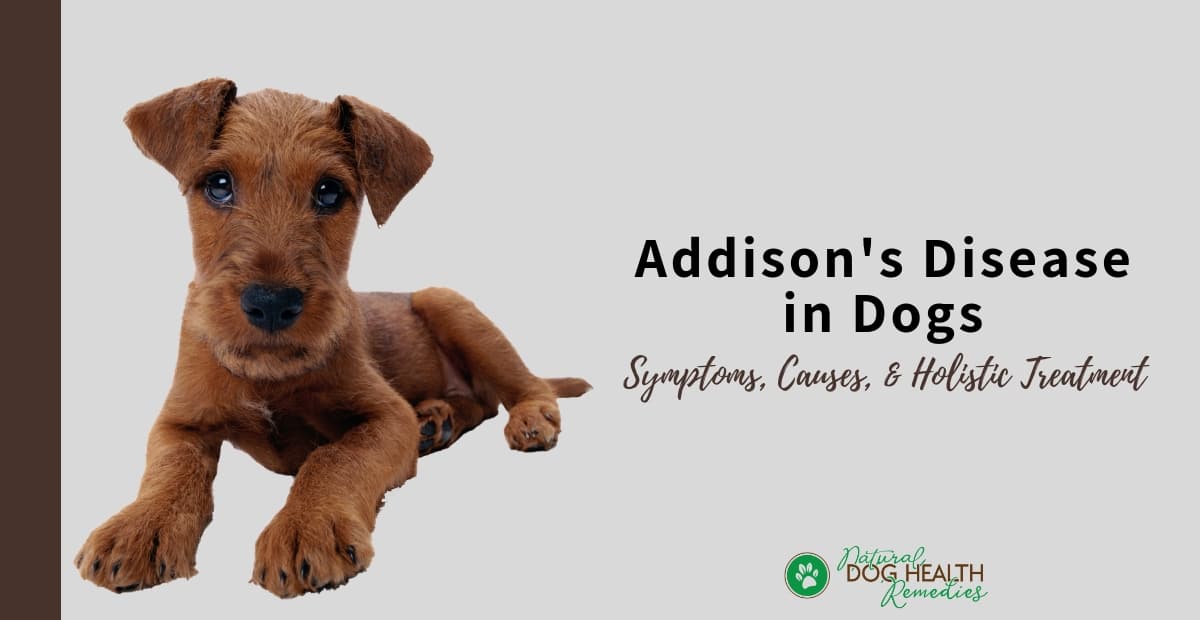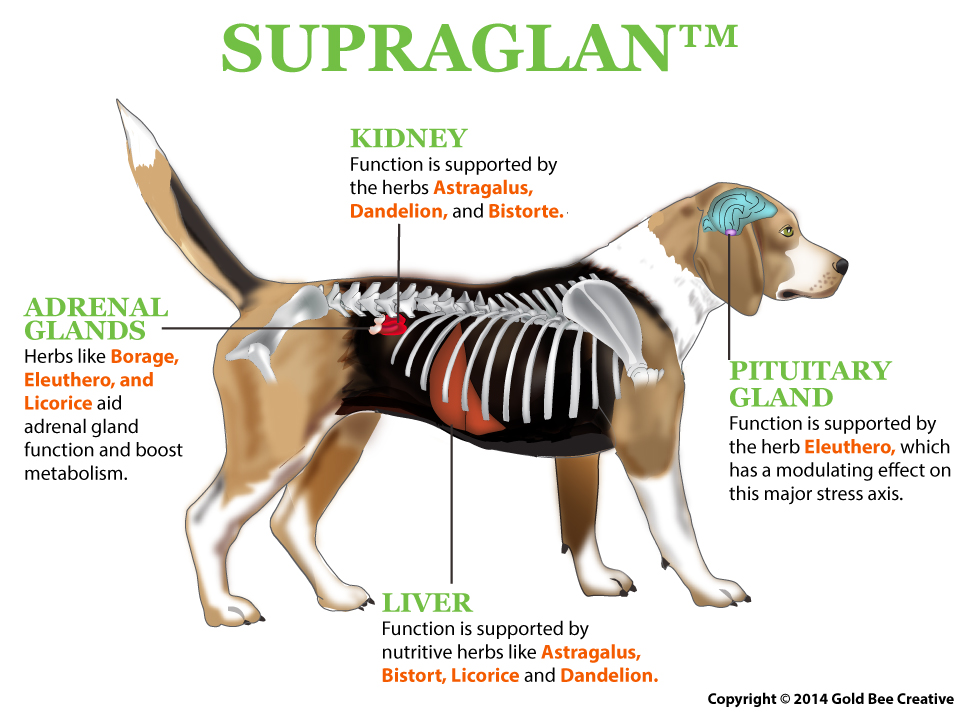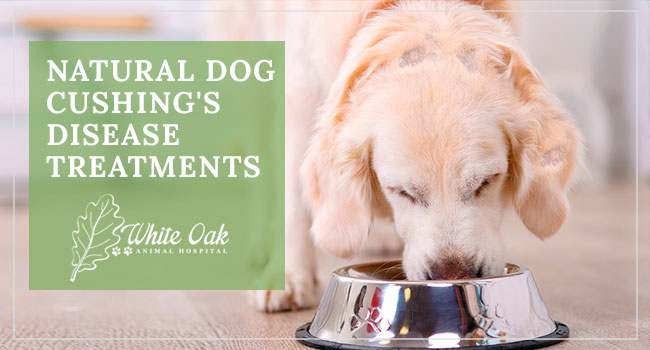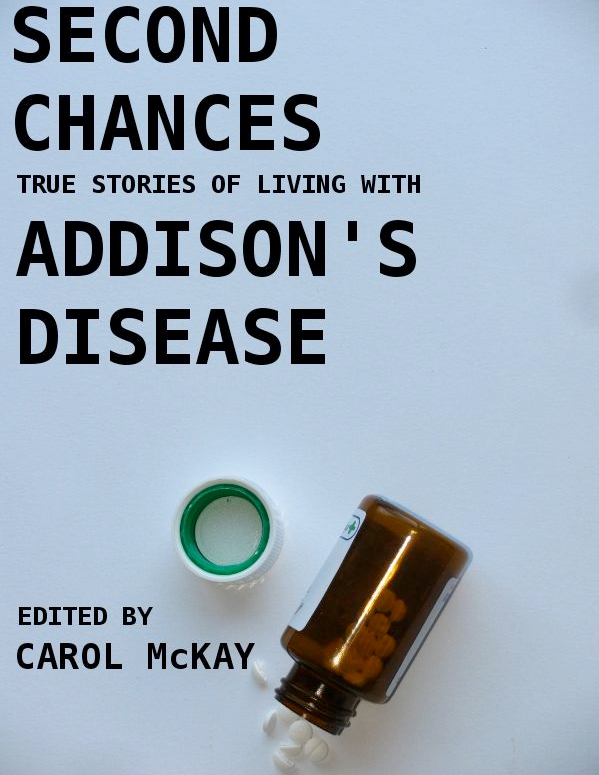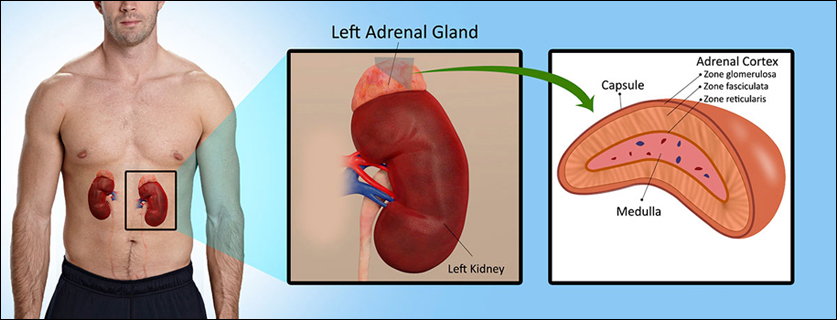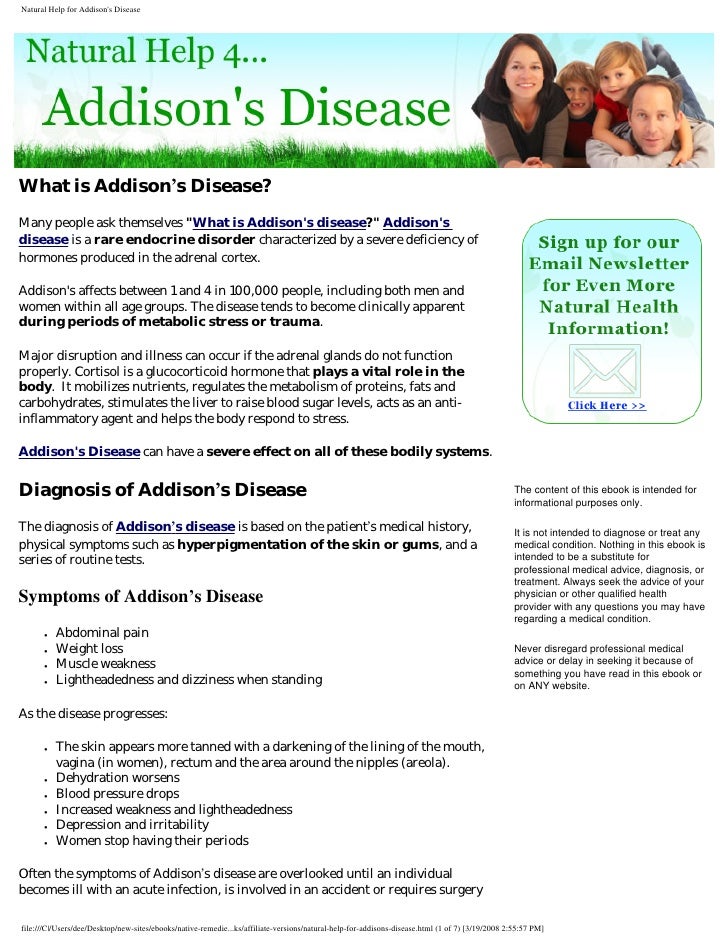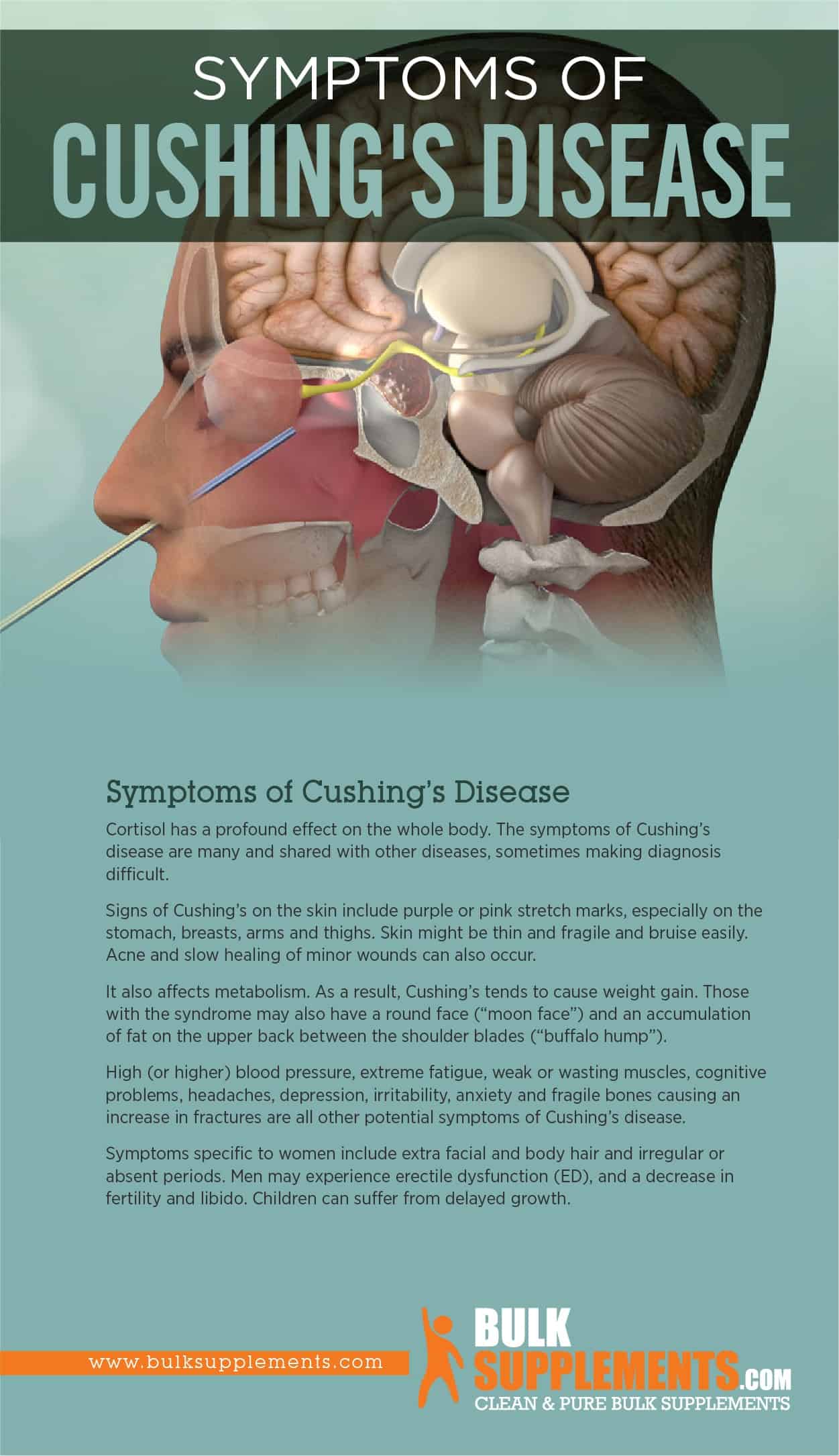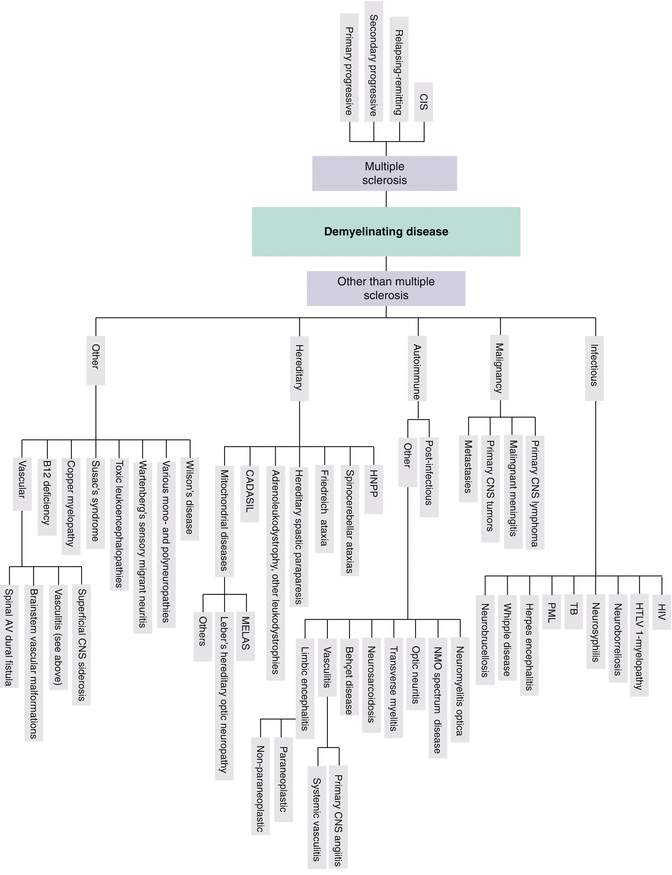Licorice Root For Canine Addison S Disease

There are over the counter preparations of liquorice root extract available in the form of lozenges or in tea.
Licorice root for canine addison s disease. Since licorice is an effective anti inflammatory due to the presence of glycyrrhizin which stimulates the adrenals it is useful for treating addison s disease in dogs. Licorice glycyrrhiza glabra has been used in both eastern and western medicine and culinary arts for thousands of years it has a wide range of medicinal uses including positive benefits for addisons disease in dogs. Ls similar to the many other herbs licorice should never be used in pregnant livestock temporary vision problem can be caused by overdosage of licorice root. Symptoms of addison s.
A clinical study published in the new zealand veterinary journal 53 3 2005 examines the case of a four year old male dog who had been diagnosed with addison s. However there is often confusion about the use of this common herb. The disease causes very similar. In a 2007 report in the annals of clinical biochemistry a woman unknowingly stricken with addison s disease staved off its fatal effects with a steady diet of licorice sticks and soy sauce.
Inflammations due to its anti inflammatory functions and corticosteroid like actions licorice is effective in helping relieve pain itching and inflammation without the side. Not all licorice type sweets contain licorice root extract or glycyrrhizinic acid and so do not work in the same way. Extract of licorice has been in use in western europe for many years as an adjuvant for disguising the taste of other drugs in medical mixtures. This herb helps prolong the life of corticosteroids making it particularly useful as a supplement to dogs with addison s disease.
Addison s disease is a rare and sometimes fatal condition symptomatic of impaired cortisol production. Licorice often comes with a warning about its use because it can elevate blood pressure. Addison s disease can affect any breed of dog as well as mixed breed dogs regardless of the age or gender but it is most common in young female and middle aged dogs. Medical professionals may recommend deglycyrrhizinated licorice from which the glycyrrhizin has been extracted for risky patients such as animals with diabetes or addison s disease.

/addisons-disease-symptoms-cause-diagnosis-treatment-4172782_FINAL-5c4550a546e0fb0001420c10.png)




